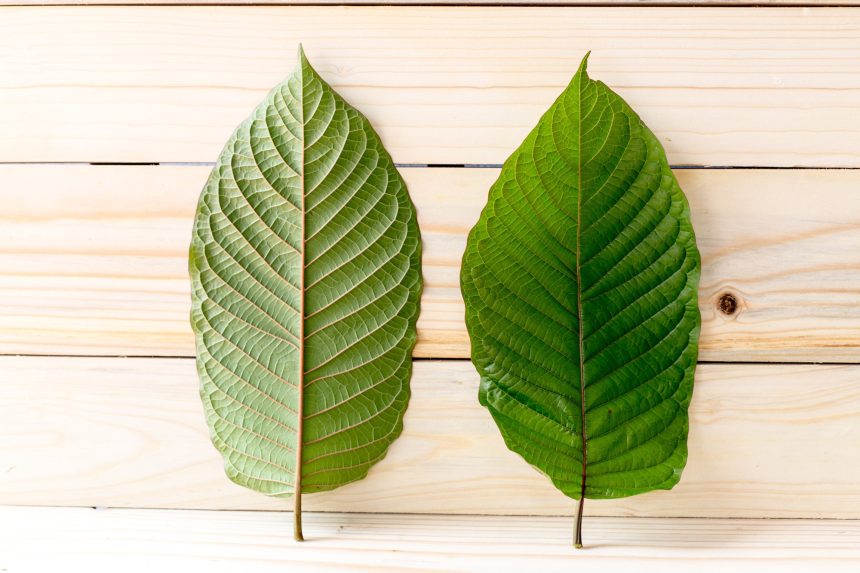Did you know that kratom has been used for hundreds of years in religious ceremonies and for its medicinal properties? When you consider all the helpful properties of kratom, the fact that it’s illegal in some states seems both counterintuitive and shocking.
There are a plethora of scientific studies that support kratom’s use as a powerful healing and recreational herb. The kratom ban runs contrary to all this valid research on the plant. For that reason, many kratom advocates are pushing against the ban.
Although there is some progress, it’s slow going. In this article, we’ll be giving you a kratom ban update so you can see where everything stands. In addition, we’ll be discussing all the reasons why the ban is unjustified at best, and harmful at worst.
Read on to learn more!
Kratom Legality
“Is kratom legal?” has a complicated answer.
Kratom, similar to marijuana, has different rules in every state. Kratom is legal in most states, except Alabama, Arkansas, Indiana, Rhode Island, Vermont, and Wisconsin.
However, some counties have different laws than their states. For example, Sarasota County still maintains that kratom is illegal, despite it being legal in Florida.
Currently, the FDA and the DEA are working together to form to decide if kratom should become a controlled substance. If approved, kratom will be filed in the same category as cocaine, MDMA, LSD, and marijuana.
If the FDA kratom ban passes, further research on the medicinal properties will be very difficult, and kratom will be illegal across the nation. Likewise, if they make it illegal, it will be very difficult to get a kratom ban lifted.
Kratom Properties
If the ban on kratom passes, more than 15 million Americans will lose access to an incredibly powerful healing herb.
Low levels of kratom act as a stimulant. It allows for better concentration and focus, similar to a cup of coffee. High levels of kratom act as a sedative and pain reliever.
Kratom’s active ingredients are mitragynine and 7-hydroxy mitragynine. They bind to the mu-opioid receptor. This is the same receptor that morphine and other opioids use.
However, kratom uses biased agonism to cause different effects on the body than opioids. It will relieve pain in the same way, but without any of the dangerous side effects. For that reason, kratom has been used to treat opioid and narcotic addiction.
A kratom ban would take a healing herb out of the hands of drug addicts and people looking for non-addictive pain relief.
Speak up Against the Kratom Ban
Now that you know about the kratom ban status, and all the positive effects that kratom can have on the body, you can see that a kratom ban would be incredibly harmful.
The FDA is still weighing its options and asking for public comment, so if you feel swayed by the scientific evidence, speak up! You might be able to make a difference in the legality of this natural medicine.
If you enjoyed learning about kratom, we have lots of similar content on our blog. Check it out for more articles that you’re sure to love!















